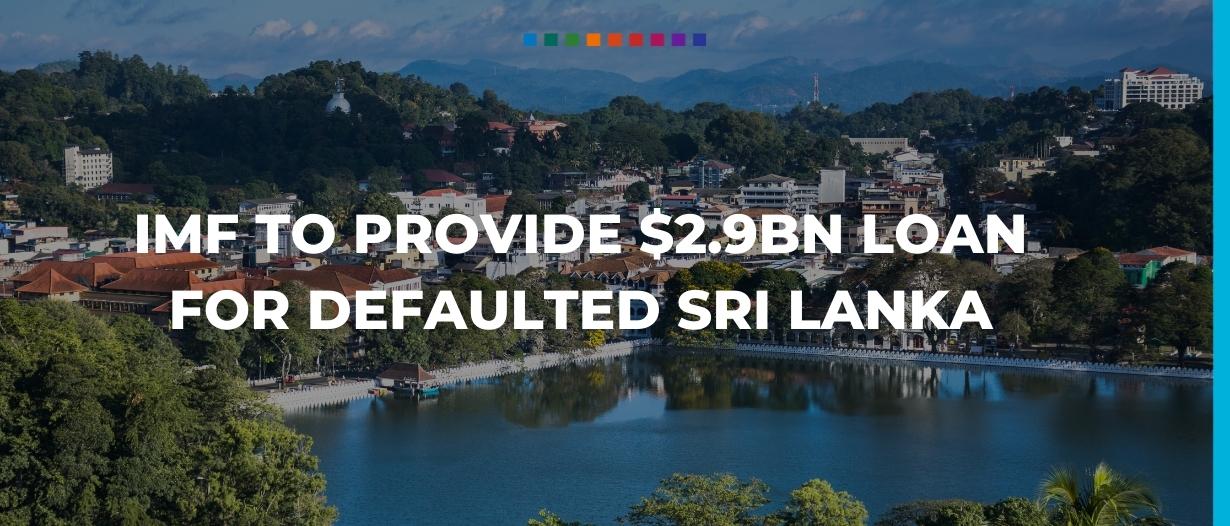Sri Lanka has reached a preliminary agreement with the International Monetary Fund (IMF) for a loan of about $2.9 billion.
Sri Lanka is going through its worst economic crisis since its independence in 1948, catalysing several consequences––most notably diminishing foreign exchange reserves.
The country owes $51 billion in foreign debt, of which $28 billion must be paid by 2027.
In their recently released statement, IMF said, “IMF staff and the Sri Lankan authorities have reached a staff-level agreement to support Sri Lanka’s economic policies with a 48-month arrangement under the Extended Fund Facility (EFF) of about $2.9 billion.”
The objective of this agreement is the restoration of macroeconomic stability and debt stability, meanwhile making sure to safeguard financial stability.
Sri Lanka began its negotiations in late April after the government announced its first ever international debt default.
Legal and debt advisors have worked to restore debt sustainability with Sri Lanka’s official creditors. In tandem, there has been an initiation of good faith efforts with private creditors––all to be addressed before IMF’s provision of financial support.
In turn, the IMF has additionally called for the raising of fiscal revenue.
The proposed solution will bring in new tax reforms via; cost recovery-based pricing for fuel and electricity, the raising of social spending to help the poor and vulnerable, the restoration of flexible exchange rates, a capitalised banking system, and a stronger anti-corruption legal framework.
Despite the hopeful subtext of this agreement, Sri Lanka has some way to go before reaching stability. The country’s inflation level hit a staggering 64.3% in August, with no sign of slowing down.
The World Bank’s latest assessment also revealed that Sri Lanka is ranked 5th in the world for highest food price inflation behind Lebanon, Zimbabwe, Venezuela, and Turkey.
























